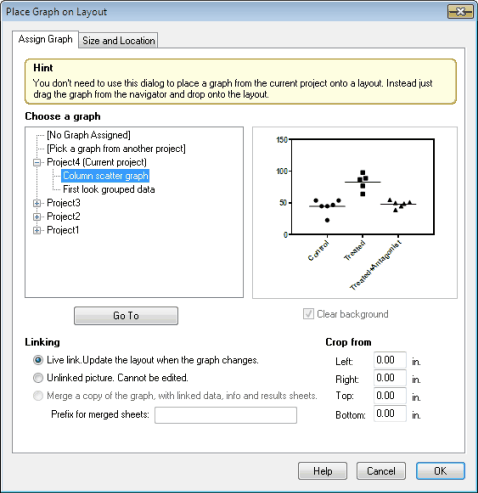

Moreover, the biological interpretability within P-NET revealed established and novel molecularly altered candidates, such as MDM4 and FGFR1, which were implicated in predicting advanced disease and validated in vitro.

We demonstrate that P-NET can predict cancer state using molecular data with a performance that is superior to other modelling approaches. Here we developed P-NET-a biologically informed deep learning model-to stratify patients with prostate cancer by treatment-resistance state and evaluate molecular drivers of treatment resistance for therapeutic targeting through complete model interpretability. Recent advances in interpretability of machine learning models as applied to biomedical problems may enable discovery and prediction in clinical cancer genomics 3, 4, 5.

The determination of molecular features that mediate clinically aggressive phenotypes in prostate cancer remains a major biological and clinical challenge 1, 2.


 0 kommentar(er)
0 kommentar(er)
